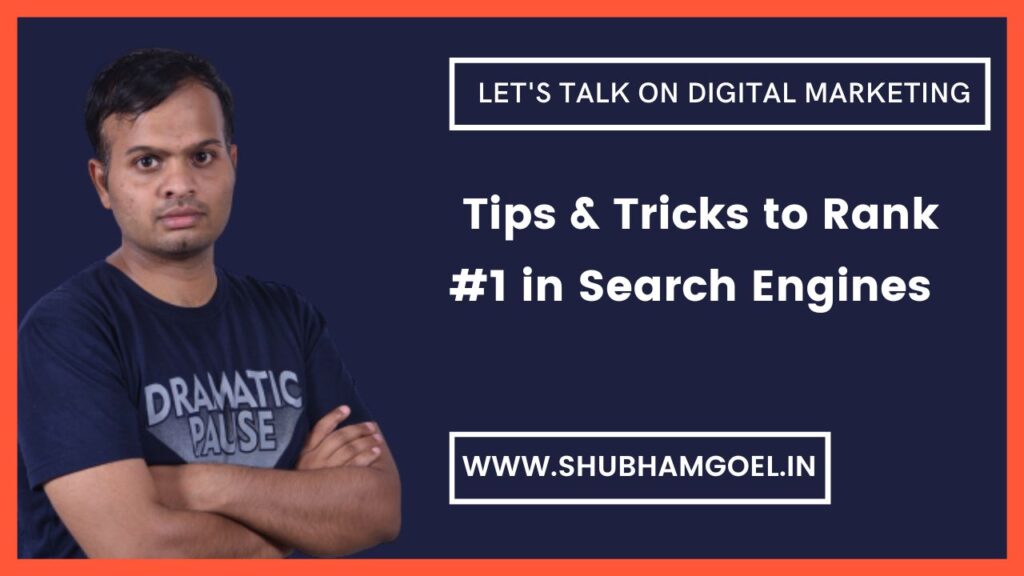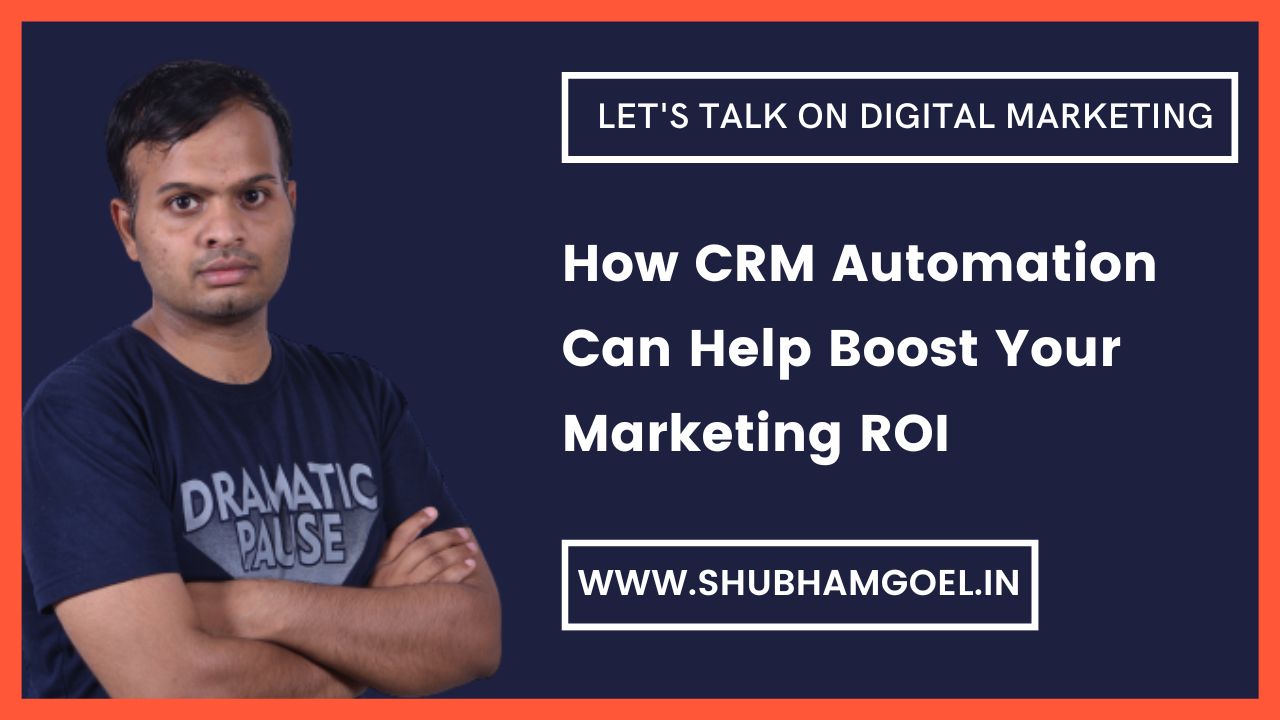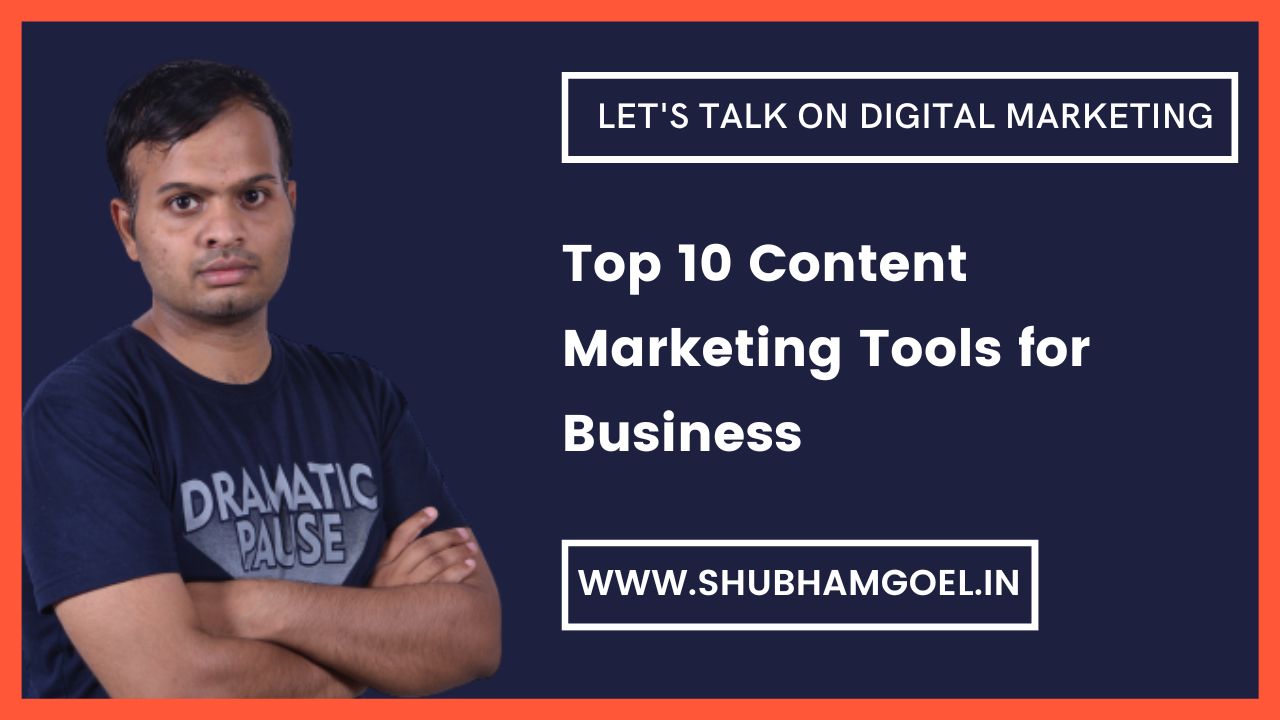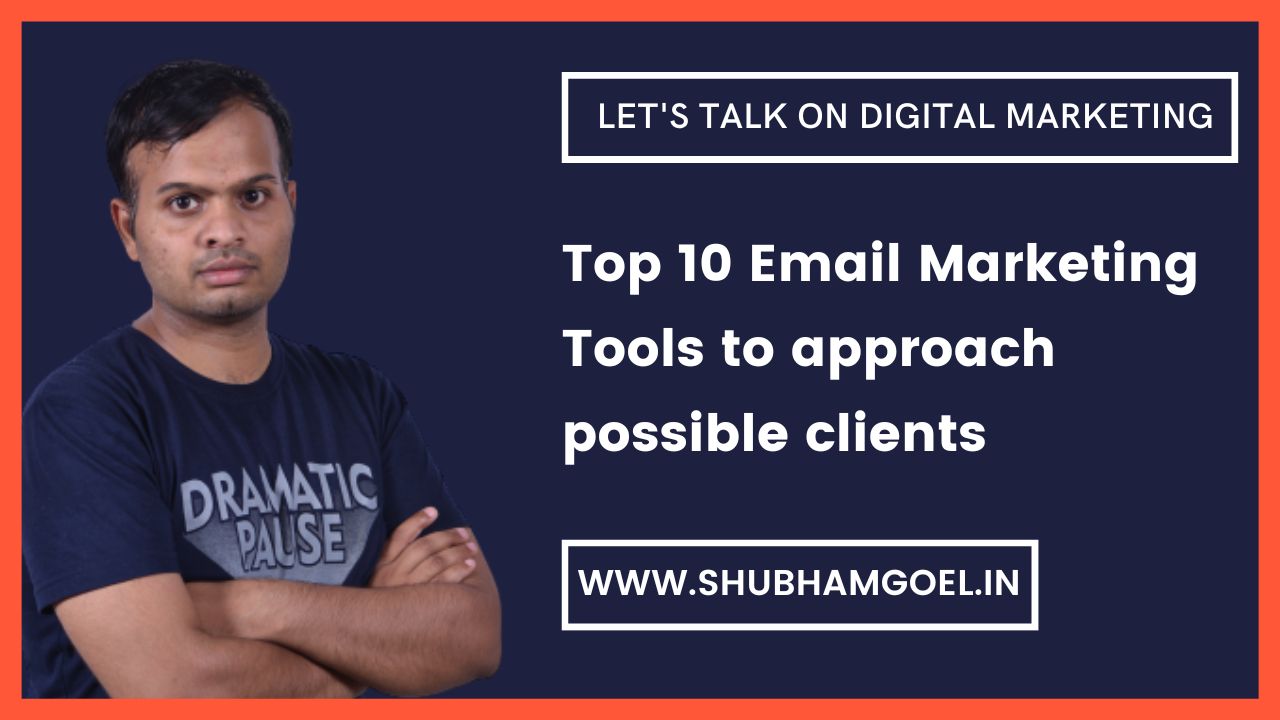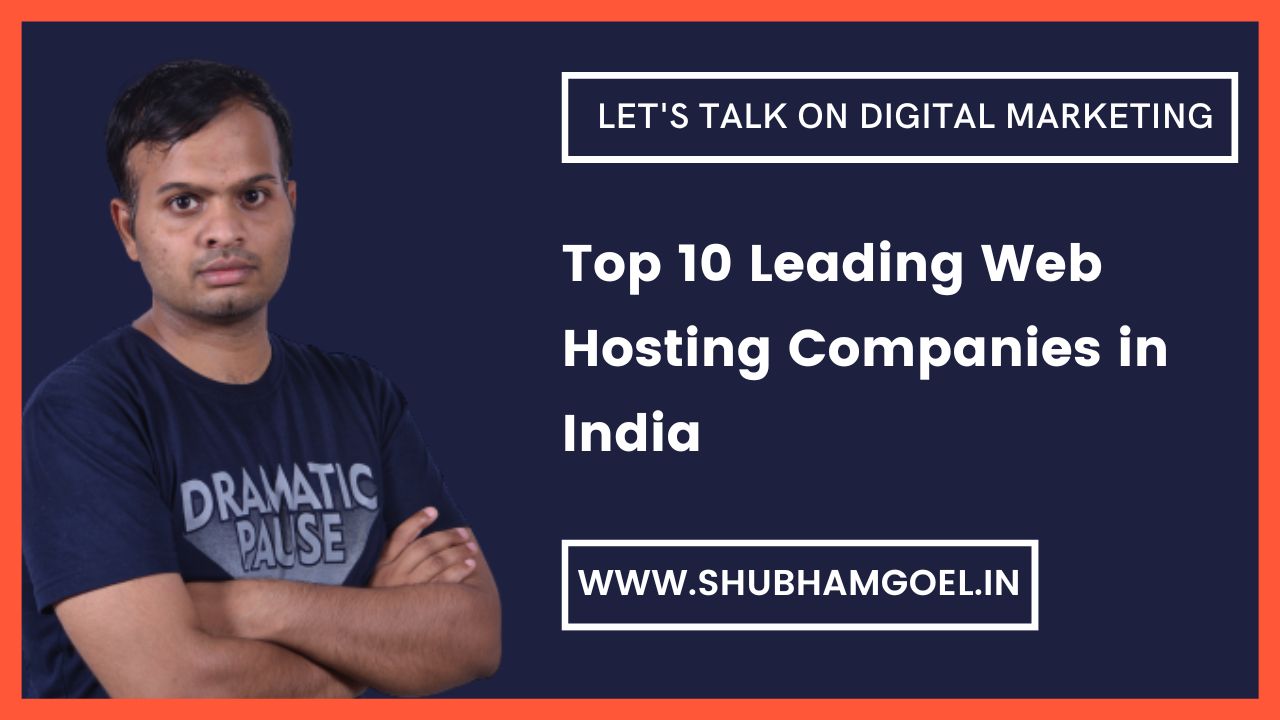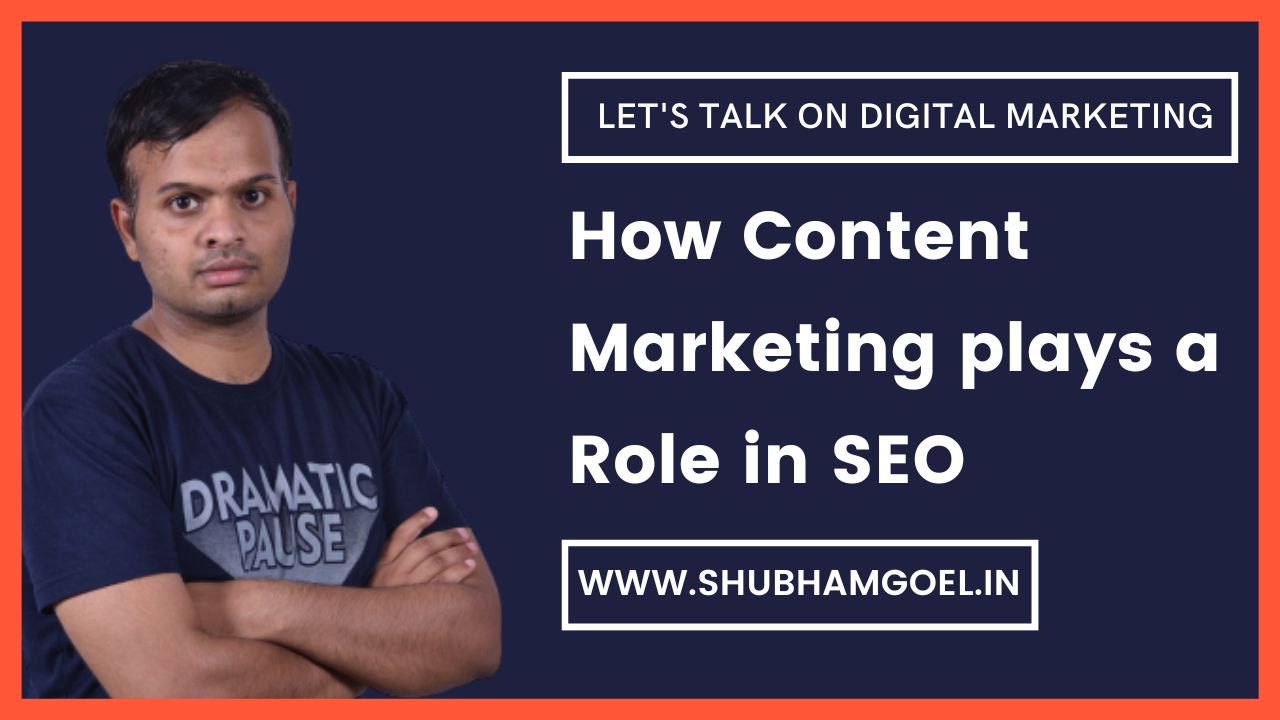SEO is not simple. Technologies that were effective yesterday may not be so today since algorithms are continually changing. As a result, SEO experts should constantly be looking forward and attempting to foresee.
We develop a website for the benefit of our users. All customizations must be made to improve the user experience. The search engine is one of these users, as it helps other users find your content.
SEO is all about assisting search engines in comprehending and presenting information. The goal of SEO is to make a business more visible in organic search results. As a result of these efforts, more people visit the company’s website, which increases the chances of more conversions, which leads to more users and sales.
Here are some ideas to consider for successful SEO:
Recognize user intention:
When a specific keyword is enter, what does the user look for? If you can respond to this query, you may produce material that satisfies their wants and achieve higher search engine rankings.
Follow the most recent trends:
The SEO environment is always evolving, as has already been establish. You can make sure that your strategies are constantly up to date and successful by staying on top of the most recent trends.
Do some competition research:
What exactly are your competitors doing well? Studying their tactics and advice will teach you a lot. Then, you can alter their perspective and raise your chances of being rank higher.
Never assume anything:
Testing many strategies to determine which yields the best results is the only surefire way to discover what really works. You can discover the most effective method for search engine optimization through trial and error.
When all of these elements are taken into account. SEO primarily affects two things: Ranking and Visibility
Small adjustments to specific portions of your website are frequently used in search engine optimization (SEO). These modifications may appear minor on their own, but when paired with other optimizations, they can have a significant influence on your site’s user experience and organic search results.
Many of the subjects in this article are familiar to you because they are necessary components of any web page, but you may not be utilising them to their full potential.
The SEO of the pages on your website can be enhance in a variety of ways. Title tags, keywords, image tags, internal link structure, and inbound links or backlinks are all things that search engines check for in addition to site structure and design, visitor behavior, and other external, off-site variables, search engines consider how high your site should be listed in their SERPs.
Ranking
To improve the ranking of the content and the visibility of the website, SEO works by optimising the content of the website, conducting keyword research, and acquiring inbound links.
This equation is used by search engines to decide where to list a website in the SERP. A web page can only rank for one position at a time, with numbers ranging from zero to the final number of search engine results for the search.
Due to age, competition in the SERP, or changes in search engine algorithms, a web page’s ranking may change from time to time.
Although you can usually see results on the SERP after a webpage is scan and index by search engines, SEO activities can take months to fully apply.
Visibility
This word refers to how visible a domain is in search engine results. When a domain has low search visibility, it is not visible for many relevant search queries, however when a domain has high search visibility, it is visible for many relevant search queries.
The two most important SEO objectives, traffic and domain authority, are their respective areas.
The top 10 SEO principles to keep in mind when optimising your website are as follows:
1. Put the right keywords at the right places
What are keywords?
Keywords are the concepts and subjects that describe the subject matter of your work. They are the terms that users type into search engines, commonly referred to as “search queries,” in the area of SEO.
The keywords on your page should be relevant to the searches people are making as a website owner and content creator in order for them to have a better chance of finding your stuff among the results.
Your ad might be seen by the correct customers with the help of the right keywords.
Following the selection of the keyword term for a particular page, think about the following:
- Can I utilise the page URL’s keywords in part or whole?
- Is it possible to include all or some of the keywords in the page title?
- When creating page headings and subheadings, can I utilise all or some keyword phrases?
Your search engine results may rise if you respond positively to these questions. Actually increasing website traffic is not the goal of SEO for that you must need attract customers. Who are interest in your offering and who can eventually turn into leads and clients.
2. Boost Website Speed
The initial impression people have of your business is based on the speed of your website. It’s necessary to notice that you only get one chance to get the user experience right. One of the most irritating things that will make consumers dislike your resources is a slow website.
Increased user experience, fewer bounce rates, increased conversions, engagement, and higher rankings in organic search are all indicators of high-performance websites.
Slow websites will cost you a lot and harm your brand. You will have a favorable impact on the marketing and sales operations by speeding up page loads.
More qualified leads that can be turned into customers will be drawn to you, increasing traffic.
3. Regularly update your content
Content has the greatest impact on search engine rankings, exceeding page URLs, titles, and headings. The opening and closing paragraphs should contain your keyword phrase once or twice each, and the remaining paragraphs should contain it two to four additional times.
Be formal. Link strategically to extra resources and information, both from your organization’s website and from other helpful websites.
To bring more attention to these keyword phrases, use bold, italics, header tags (particularly an H1), and other emphasis tags, but don’t use them excessively.
4. Links and Link Building
Getting your own hyperlinks from other websites is a technique known as link building. Users can move between pages on the Internet by using hyperlinks. Which are frequently just referred to as links. Links are used by search engines to crawl the web.
The majority of off-page SEO is made up of links, which are essential to SEO. In SEO, link building is crucial for generating organic traffic from search engines, especially in industries with high competition.
They will both crawl links between specific web pages on your site and links between different websites. For marketers of all levels, link building is one of the most crucial SEO abilities.
Link building can be incredibly efficient at generating more organic traffic when used in conjunction with a solid technical SEO foundation, outstanding on-page SEO, amazing content, and a positive user experience.
5. Crawling and Site Audits
Search engines crawl websites and find relevant content and store it in a database – a process known as indexing. Once content is index, it can be display on search engine result pages (SERPs) for relevant search queries.
A site audit is a crucial tool for assessing how quickly a search engine can search, crawl, and index anything, from specific webpage elements to an entire domain.
6. Analytics & Reporting
The SEO impact of your website is display in an SEO analytics report. The term “SEO analytics” refers to a technique for gathering and analysing data in order to better understand the organic performance of your website.
When optimising your website for search engines, a good SEO study can help to pinpoint important areas to concentrate on. Success in SEO depends on measurement. When it comes to information about rankings, referrals, connections, and other metrics, it’s critical to understand analytics and reporting.
You can quickly determine what is working and focus your time and resources on the best-performing methods by developing the habit of using SEO analytics.
Various SEO Tools
Google Analytics (GA):
Find out how visitors interact with your website using Google Analytics.
Google Search Console (GSC):
Improve your organic traffic and troubleshoot technical SEO difficulties with Google Search Console (GSC).
MOZ:
Manage your local company listings, perform site audits, and do keyword research.
SEMrush:
Drive SEO, Social Media, PPC, and more with this complete digital marketing platform.
Ahrefs:
Keep an eye on the development of your backlinks profile and increase organic traffic like a pro.
6. Dash This:
These SEO analytics tools each offer particular advantages. All of them will be used to successfully improve your website.
7. List Yourself in The Snippets
Sometimes, instead of following our standard format, Google’s search results display listings where a description of a page occurs before a link to that page. “Specific snippets” are the results shown in this manner.
When our systems conclude that this format will make it easier for users to locate what they are looking for, both from the page description and when they click on the link to read the page, they are especially useful for people conducting voice or smartphone searches.
8. Remove zombie pages
What are zombie pages?
Zombie pages are ones that are neither living nor dead, meaning they have no use for the website and don’t have any content that’s both educational and interesting to visitors as well as Google.
Zombie pages have no useful purpose for users or Google. Some developers merely employ them to boost keyword rankings, which occasionally backfires because the material on these pages is outdate and meaningless.
According to SEO expert Brian Dean, founder of SEO site Backlinko: “Every site has pages that provide zero value (aka “Zombie Pages”) …Zombie pages are pages are pages on your site that don’t bring in any traffic. They are just sorta…there.”
Little soul and no value to visitors may be found on zombie pages. They exist because people have an irrational desire to rank for particular keywords. Similarly, to a dead parasite, pages that waste your time and effort and produce poor outcomes.
They don’t reciprocate in any way when you give them your energy. Because they represent lost chances, Hence, zombie pages are harmful for SEO.
9. Discover More Guest Posting Opportunities
A significant part of SEO is guest writing (Search Engine Optimization). Guest blogging is a crucial strategy to genuinely increase traffic to your blog.
One rule you should follow is to always link to the author’s blog when posting on another person’s website.
It can be include in the material or in the biography of the author. Even though it requires work, a major purpose of guest blogging is to build links.
Being link to trustworthy, high-quality websites has a significant impact on how your blog is rank by the major search engines.
10. Create podcasts, videos, and infographics with text
Why Using Infographics in Your SEO Strategy Is Important?
Yes, visual material (like podcasts and infographics) is a fantastic strategy to increase visitors and backlinks.
But they suffer a real issue, Google is unable to identify them!
Therefore, you must provide a lot of text to accompany your infographic, podcast, or movie. Additionally, this textual information helped search engines grasp the subject of infographic.
